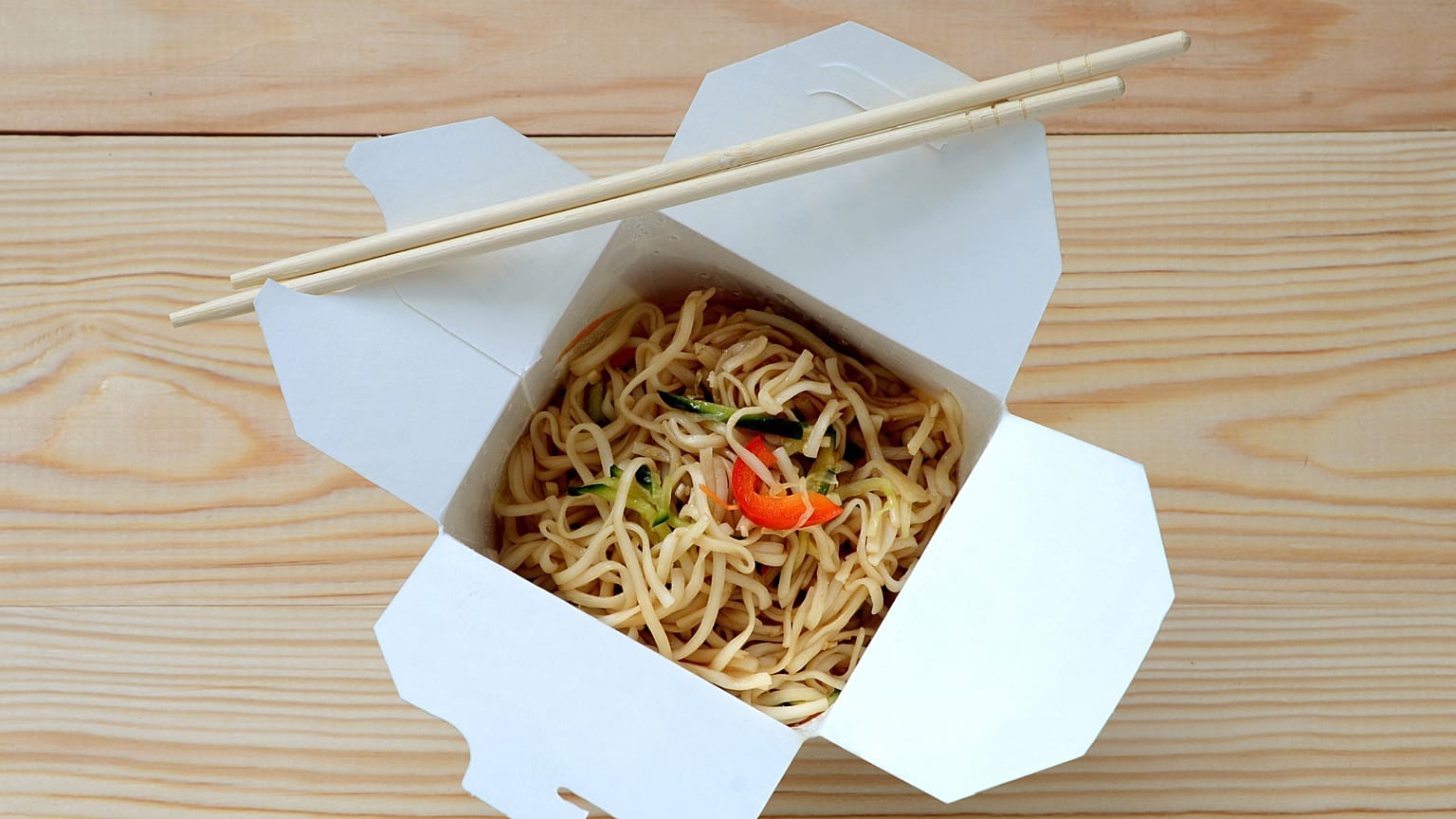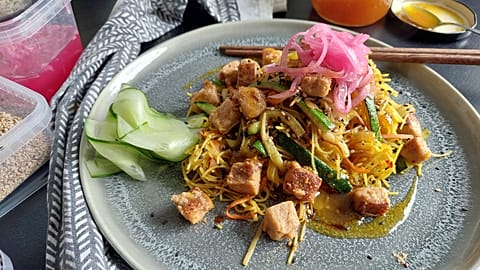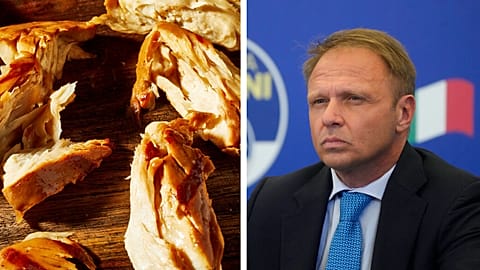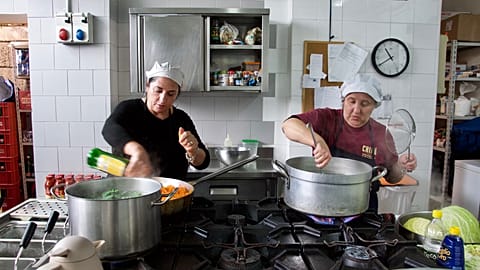Americans have discovered British Chinese food and they’re in shock. They’re also missing out on the history of an immigrant community adapting a food to create something unique.
We all know American Chinese takeaway food. The upright white square box, unfolded to reveal steaming noodles and two chopsticks sticking out, is a staple image of American TV and film. Americans, it seems, aren’t as familiar with the British equivalent.
Over social media, Americans are amassing to express their disgust at British influencers posting images of their Chinese takeaway dinners.
It’s true, the food British Chinese takeaways serve is far from what you’d call traditional Chinese food. The term “Chinese food” itself is a bit of a misnomer. Given the country is nearly as big as the entirety of Europe, actual Chinese cuisine encompasses a huge variety of styles, from sweet Cantonese delicacies in the southeast, to cumin-spiced Muslim dishes in the west.
But British Chinese food not conforming to some specific regional style of actual Chinese cuisine isn’t the issue Americans have. American Chinese food, with its General Tso’s and Orange Chicken, is just as distinct from its country of origin.
Instead, Americans are finding it hard to believe just how much British Chinese food relies on thick curry sauces, deep-fried inventions like chicken balls, and the inclusion of chips.
Thankfully, many Brits have come to British Chinese food’s defence.
Angela Hui, the British author who wrote a memoir about her parents’ Chinese restaurant ‘Takeaway: Stories from a childhood behind the counter’, explains on Twitter: “I’m sorry but this whole americans discovering that british chinese food is gross and inauthentic on tiktok is so funny.”
“Whatever your thoughts on takeaways or restaurants, they’ve been fundamental in shaping Britain's food culture. They were the grassroots of many Chinese families including my own who came to this country with nothing. I will fight anyone who thinks chicken balls are bad,” she continues.
Others have pointed out that Britain today has tons of authentic Chinese restaurants, but that the evolution of British Chinese food has an interesting history to it. Chinese immigrants coming to Britain in the 60s and 70s adapted their menu to local tastes and available produce.
While the food might have been bland by comparison to the original style, catering to British palates that had grown accustomed to rationing, the restaurants were massive successes and a huge part of how Asian immigrant families established themselves in the UK.
British Chinese food might not be authentic Chinese food. And sure, it might be catering to a desire for sweet fried carbs. But that doesn’t mean it’s also not a great treat. Any Americans claiming otherwise are both ignorantly overlooking the role of the Chinese takeaway in British culture, and trying to convince themselves that American food is any better.


















